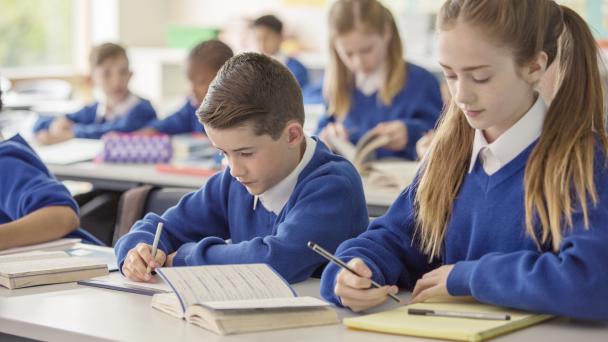Stop and Think: Learning Counterintuitive Concepts


This paper examines the exclusion of Syrian refugee teachers in the education sector in Lebanon and considers the multiple reasons for this, including Lebanon’s political system which is based on power sharing between sectarian groups; a lack of formal asylum policies; restrictive labour laws; and systemic challenges such as difficulties funding teacher salaries.
The paper makes recommendations to international, national, and local actors to facilitate the inclusion of refugee teachers in Lebanon’s education system. The paper argues that discourse should move away from a ‘vulnerability framing’ to allow teachers to leverage their expertise and experience to play an active role in shaping policies and programmes at all levels; that local voices should be centred in policymaking; and that Lebanese and Syrian teachers should develop communities of practice to improve social cohesion.
This paper was published in NORRAG 1 's recent publication 'Refugee Teachers: The Heart of the Global Refugee Response.
Receive a regular update, sent directly to your inbox, with a summary of our current events, research, blogs and comment.
Subscribe